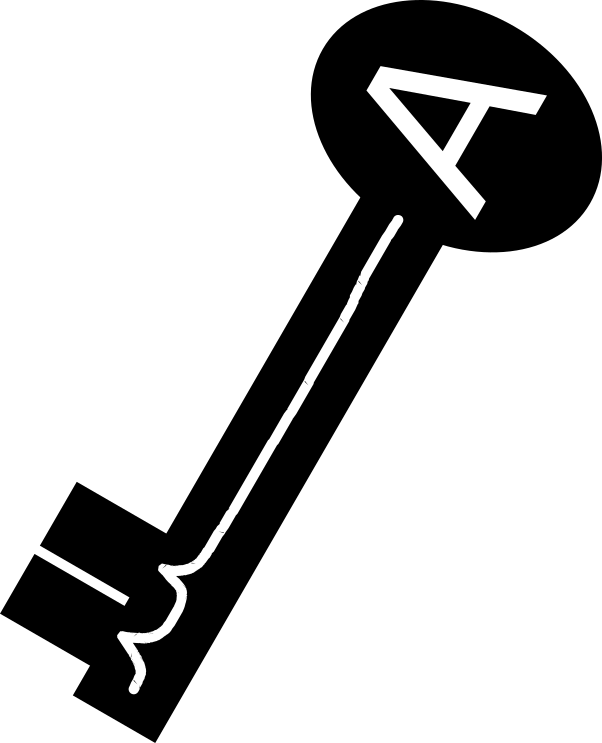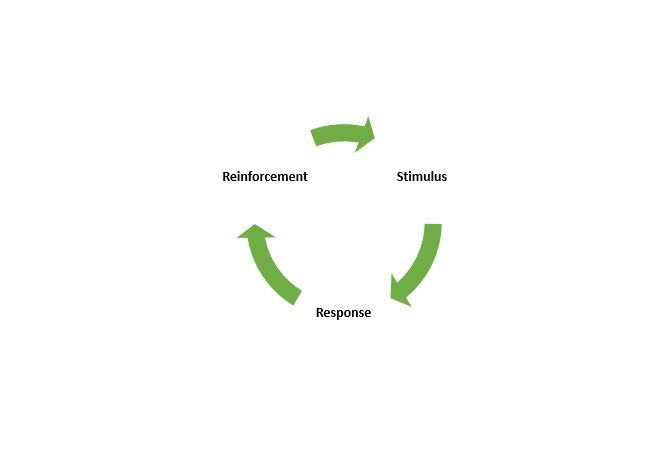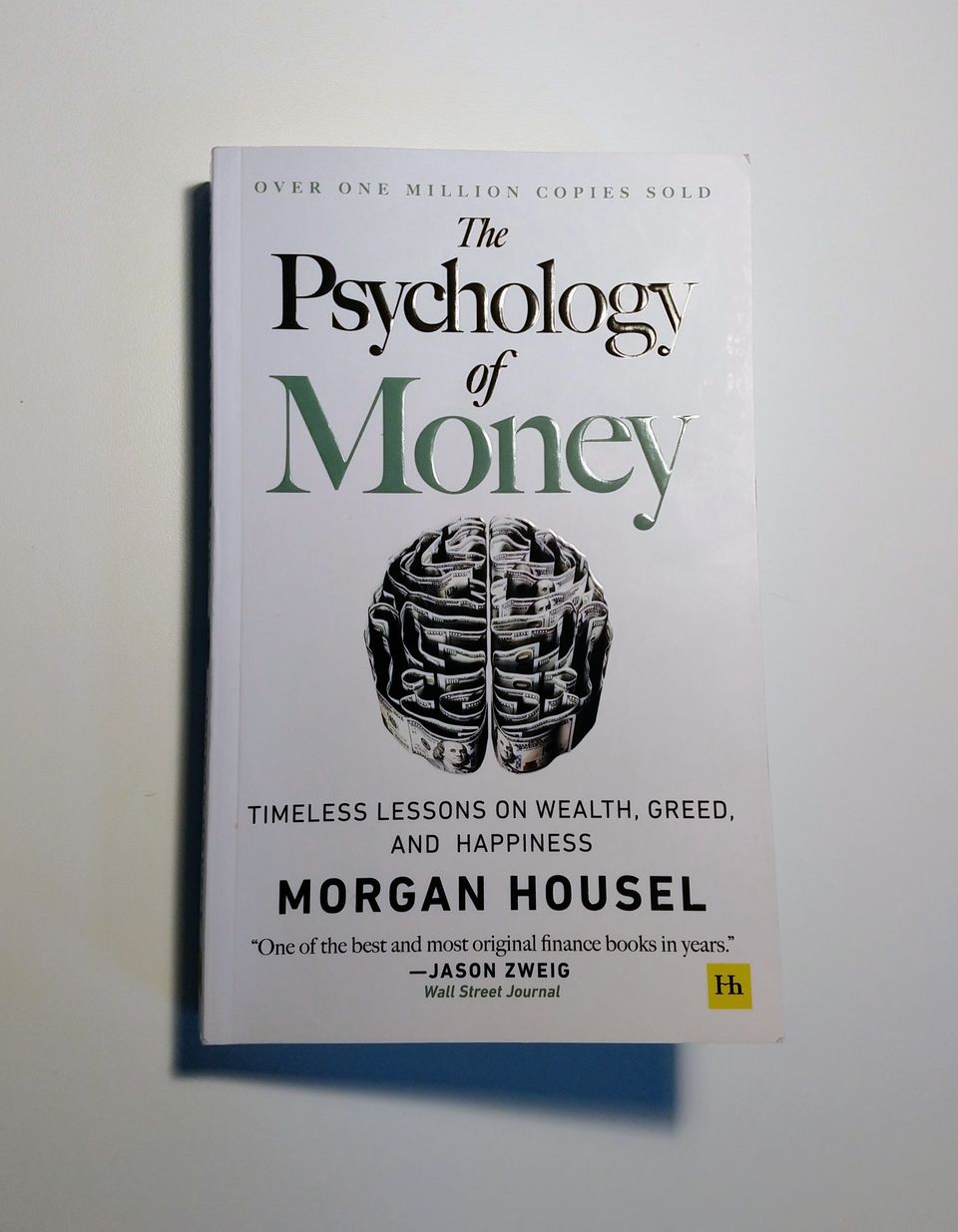We are what we repeatedly do.
Excellence, then, is not an act, but a habit. - Aristotle
Attributes:
- We do not decide to perform a habit, i.e., it is automatic and without any effort.
- Habits have little conscious thought because they are stored in a memory system that we do not have access to
- Habits are defined as bad only because of our health condition or long-term goal.
- The habitual response is automatically activated in the mind when one is in that context
- Because we are used to or similar to a behaviour, i.e. we are trapped in the emotional combination and current perspective (Ariely, Dan)
- Our brain prevents us from changing things. And continue the same behaviour that we have successfully performed. This gives us a sense of control.
- The obstacles to performing the behaviour (i.e., friction) are distance, time, and effort (Wood, Wendy)
Formation:
- Stimulus/Cue --> Behaviour/Response --> Reinforcement/Reward/Punishment(Repeated) (Skinner, B.F.)
- Each time behaviour is repeated in the same context (place, time of day) for a reward (achieving a goal, feeling good), connections are formed in memory between the context and the rewarded response. After sufficient repetition, the habitual response is automatically activated in memory when one is in that context (Wood, W., & Runger, D. T).
Application:
Step-by-step Analyzing Habits:
- (What - Behaviour) list all habits and divide them into two categories: "Maintain" or "Change"
- (Why - Reinforcement) list events with what intention or motive we perform the behaviour. We repeat the behaviour because we are expecting a reinforcer
Four different reinforcers:- Positive reinforcers are favourable events presented after the behaviour
- Negative reinforcers involve the removal of unfavourable events after the behaviour is shown
- Positive punishment (punishment by application) presents an unfavourable event to weaken the subsequent response
- Negative punishment (punishment by taking away) occurs when a favourable event is taken away after a behaviour has occurred.
- Identify each stimulus and find a replacement behaviour in the "change" category
- We can eliminate or adjust stimuli by the environment, e.g. we can adjust the time, distance or effort.
- A system, e.g. a schedule, helps to maintain the new habit. The focus is not on the outcome but on the continued activities (Alter, Adam).
- Be easy on ourselves and give ourselves time and space to change. Deliberately give ourselves breaks and think of them as fuel to continue the habit we want.
- Do the quarterly follow-up to monitor the habits.

Researchers:
- Ivan Pavlov
- B.F. Skinner
- Wendy Wood
(Last reviewed: 08 June 2022)



